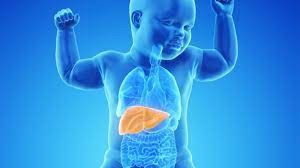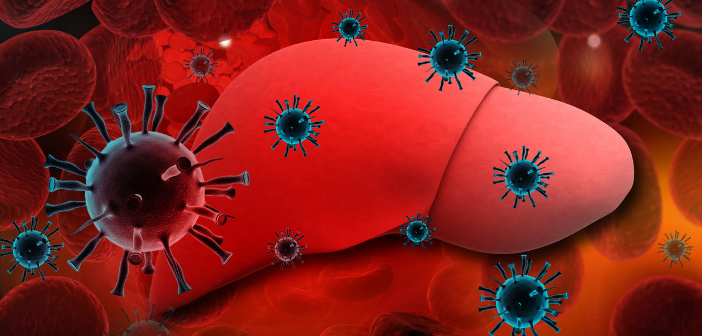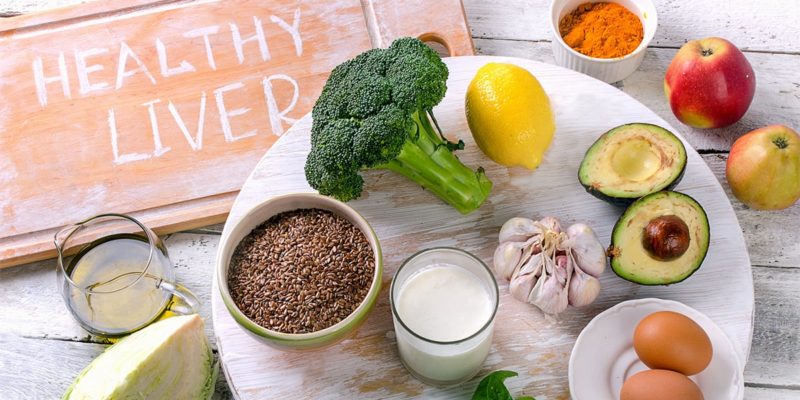
“You are what you eat!”. A phrase commonly heard and often ignored by us. Food is the backbone of our lives even though we choose to ignore this important aspect of daily living as a mundane subject. For patients suffering from any kind of systemic diseases, food is a part of therapy.
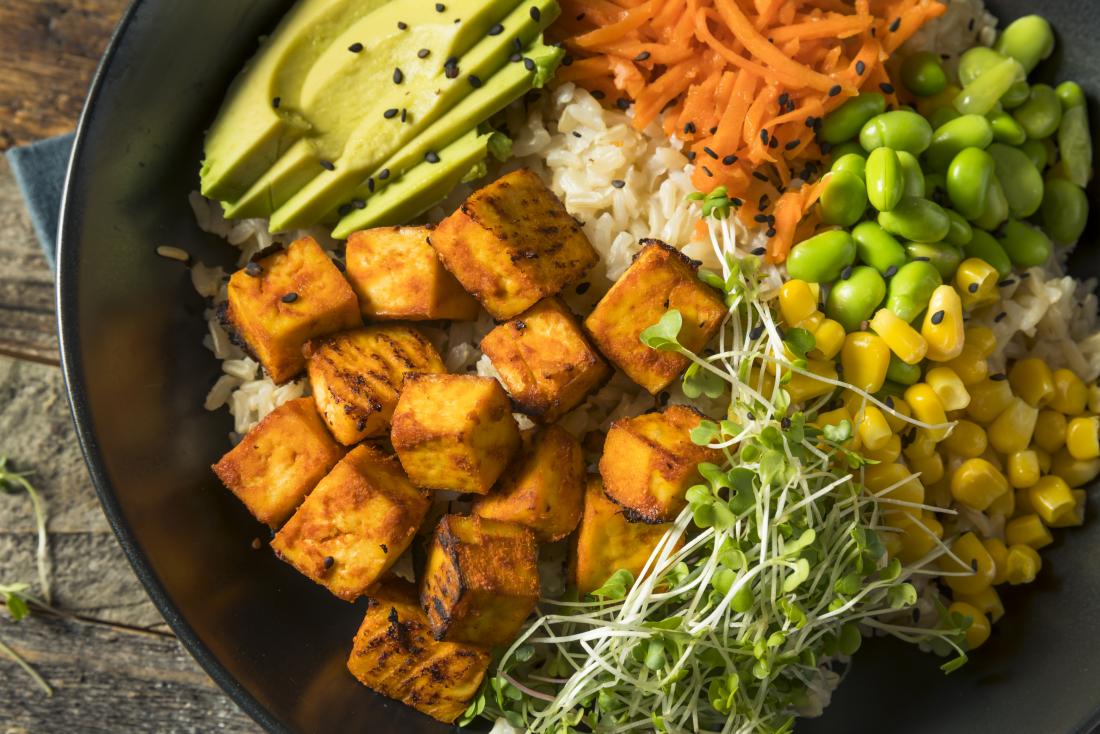
We often hear the refrain about avoiding oily food, fast food, junk food and “outside” food. But if you thought that just by doing this you are eating healthy, think again! Daily food habits are ingrained in us by our families and its hard to avoid the morning paratha, dosa, puri or idli, depending on which part of the country you are from. Why mention these “light and healthy” breakfast options as part of the problem? Read on for answers!!
I will focus on Liver diseases for now as I am a liver specialist and this is a common question asked by patients. These interactions with patients revealed commonly held harmful beliefs which inspired me to write this for the benefit of all patients.
So lets get started! First, its important to know
what stage of liver disease you are in. There are no well-defined stages but I will try to explain in simple terms and then categorize best dietary options for each category.
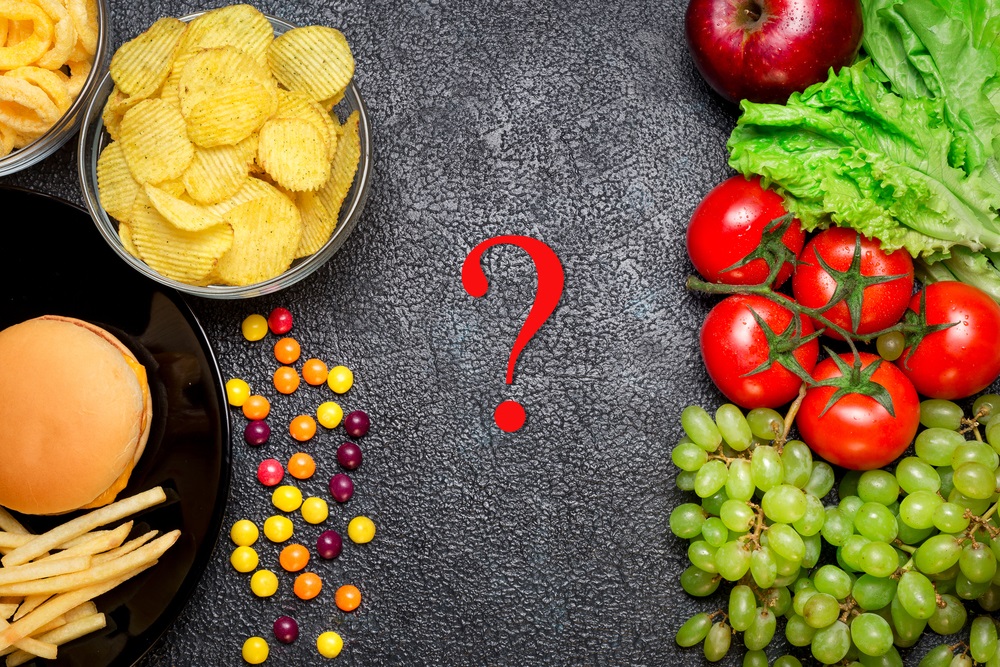
For EVERYONE with or without Liver Disease
- Avoid junk food, fast food including chips, burgers, pizzas, cold drinks, samosa, chat, pakodi, etc
- High carbohydrate foods should be in moderate quantities: examples roti, rice, idli, dosa , paratha, poori, potato, Arbi, etc. These are the most common breakfast items but unfortunately if you are looking to keep your liver healthy and loose some weight, avoid these carbohydrate rich foods. Foods with refined flour, cornstarch and other such flours are the worst culprits for weight gain, diabetes and subsequently, liver damage.
- Ghee and mustard oil are re-emerging as favourite healthy oils, BUT consume in moderation.
- Avoid or minimize alcohol and smoking
- Salt in moderation. Minimize pickles, added salt etc
- Exercise, walk, gym, sports are a must for everyone everyday! Choose your option and stick to it..
For people with Grade I-II fatty Liver:
It is quite a common finding on ultrasound these days to have grade 1 or 2 fatty liver. These patients are typically little overweight, have mildly deranged(sometimes normal) liver function tests and have occasional alcohol with little or no exercise. We find them in stressful jobs often ignoring exercise and eating out due to travelling and work pressures. It is important to note that if we intervene via diet and exercise at this stage, majority of times liver disease can be reversed. Here are some recommendations:
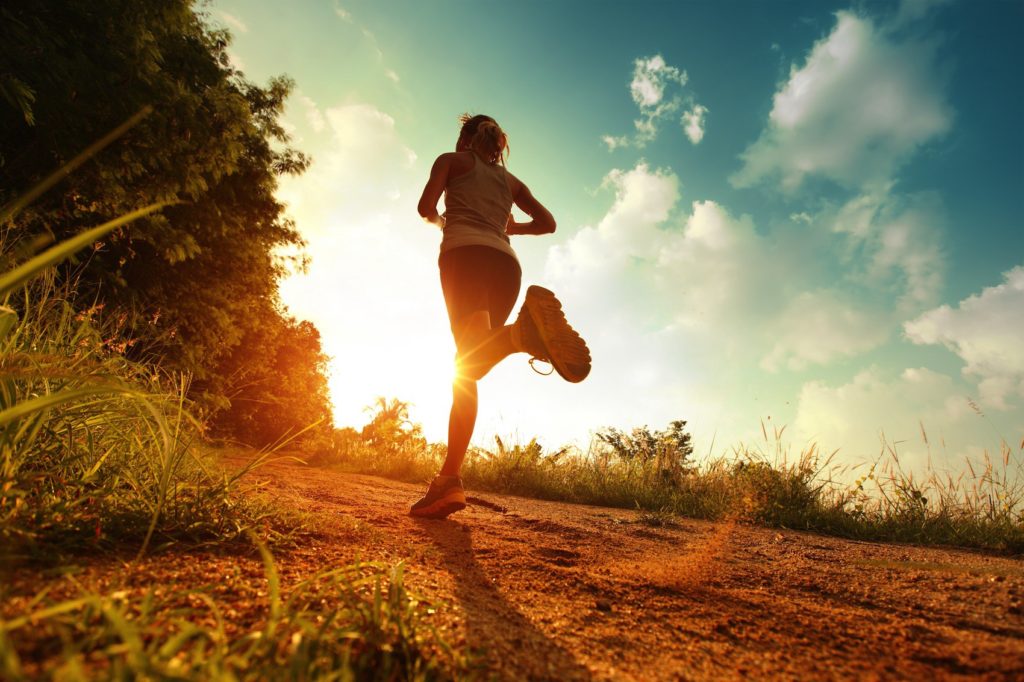
- Follow everything as mentioned above for patients without liver disease
- Low salt diet
- Exercise is a therapy for your liver disease. It is seen that anywhere between 5-7% weight loss has the potential to reverse your liver disease!!
- Greens and proteins! These are the keywords which rhyme together and do wonders for your liver. Greens are always healthy. Eat salads, sprouts and green veggies in diet. Proteins include egg whites(no yolk), paneer(not cheese please!), curd, milk, pulses and nuts even though they may have some fat content.
- Avoid MAIDA(REFINED FLOUR) in all its forms. Common foods include Bhatura, Samosa, Poori(south india), Naan, Cakes, Pastries etc. Mark my words, carbohydrates are more dangerous to you than fats ,and a combination of both ,which means fried carbohydrates ,are like a little dose of poison for your liver.
- Quit alcohol! Or minimize it to a level which is negligible. Alcohol in fatty liver disease intensifies the degeneration of the liver into advanced disease.
For patients with Cirrhosis and Advanced Fibrosis
These are detected on an ultrasound or a fibroscan along with derangements in liver function. It takes years for fatty liver to convert to this stage and so you always have a chance to reverse it before you reach this stage. However, all is not lost and we can still maximize the liver function by our dietary and lifestyle efforts. It is important to note that the following recommendations are for people who have cirrhosis but have yet not developed the end-stage symptoms which are mainly ascites(water in the belly), bleeding(black stools or blood vomiting), encephalopathy(effect on brain) and renal failure(affected kidneys).
- Follow the above recommendations for fatty liver disease
- NO ALCOHOL AND SMOKING: there is no scope of “MINIMIZATION” here. You have to leave it forever or else you will have to face catastrophe. If you are having relapses and facing difficulty in quitting, please do take help of de-addiction centers managed by qualified psychiatrists. There is no shame in preserving health.
- Low Salt
- Avoid carbonated drinks and excess fluid intake.
- Avoid carbohydrates and switch to greens and protein diet without fat. These include, boiled chicken, soups, salads, egg white, paneer, nuts, sprouts and pulses as majority of your diet.
- Exercise and physical activity will always enhance your health. Keep at it even if you feel tired and fatigued to do anything and gradually increase your capacity to exercise more and eat more proteins in diet.
For patients with advanced cirrhosis and end stage liver disease
By this time, unfortunately, the liver has been damaged significantly and is evidenced by grossly deranged liver functions, low immunity, water in the belly, inability to have much oral intake, frequent infections, and frequent visits to the hospital including ICU admissions. The best treatment for end stage liver disease is liver transplantation without a doubt. Majority of patients are able to lead a normal life after liver transplantation as I have discussed here. Myths and misinformation spread by touts who call themselves physicians as well as hearsay has, for decades, prevented patients from undergoing liver transplantation which is not only a life saving but a life transforming procedure. However, I list here some dietary guidelines for patients who have reached this unfortunate situation and these may still help them maintain whatever liver function is left:
- NO SALT (less than 2g a day including in meals and salad). Best to make it a no-salt diet. Gradually patients get used to it. Best method is to cook without salt and keep less than 2 grams of salt available at patient’s bedside to be used through the day.
- NO ALCOHOL or SMOKING: Invites a visit to the ICU more often than not
- High protein diet without fat: as detailed above: nuts, eggs, boiled chicken, soups and high protein powders commercially available in the market. Because the intake capacity is limited in these patients due to multiple factors, we try to maximize the protein and calorie intake.
- Fluid restriction: you can’t take more than 1200-1500 mls of fluid in a day, all inclusive.
- Meeting calorie requirements can be a challenge. Sometimes we place a tube in the nose and start feeding the patients through that to meet calorie and protein requirements.
- UP and ABOUT: move as much as possible. If bedbound, move your arms and legs. Do breathing exercises.
I may add a disclaimer that the above guidelines are mere pointers at what we should do. Once you are having any stage of liver disease, it is best to meet a liver specialist and seek advice. Timely intervention can save a lot of lives and diet and lifestyle are not mere adjuncts, but may be the treatment in early stages of liver disease.

